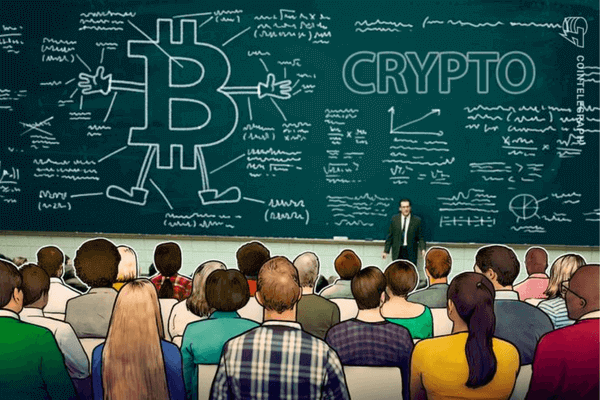The survey found that American parents who are educated about cryptocurrency are already spending an average of $766 on extra-curricular crypto education for their children. According to a recent poll, over two-thirds of American parents and college graduates with an understanding or involvement in crypto believe that cryptocurrencies should be taught in schools so that pupils may “discover the future of our economy.”
A recent survey from Study.com showed that an overwhelming majority of parents and college graduates believe cryptocurrencies should be covered in mandatory education. Although both groups had diverse opinions about the blockchain, the Metaverse, and nonfungible tokens (NFTs), approximately 40% of each group believed those topics should be included in the curriculum.
The survey, which included 884 American parents and 210 college graduates, was restricted to those who could demonstrate an understanding of blockchain technology, cryptocurrency, non-fungible tokens (NFTs), and the Metaverse.
The findings come as cryptocurrency awareness and usage in the United States continue to grow. According to data research center Pew, around 88% of Americans have at least heard of cryptocurrencies, with 16% having invested or traded them at some point in their life.
According to the poll, almost half of parents and college graduates who had invested in cryptocurrency intended to contribute money to crypto education. With three-quarters of crypto holders contributing an average of $766 to their children’s crypto education, over three-quarters of crypto-invested graduates devoting an average of $1,086 a year to education.
Several American institutions, including the University of Connecticut and Arizona State University, have established introductory courses on blockchain technology and crypto applications. According to Marianne Lewis, a professor at the University of Connecticut, her institution’s 14-week optional course is meant to help students “deal with cryptocurrencies and how such digital assets influence our economy.”
Related Posts





